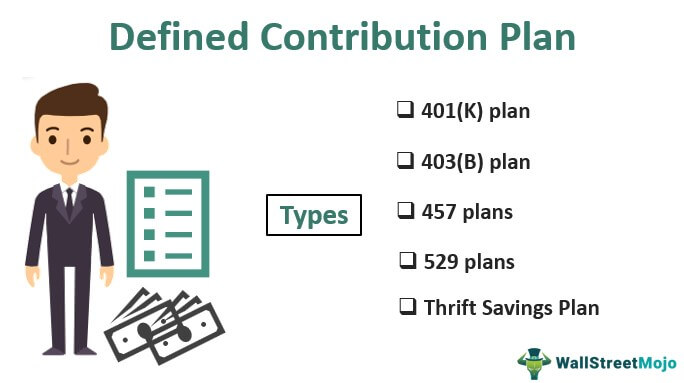Types of Defined Benefit Plans
In this article, we will delve into the various types of defined benefit plans. Defined benefit plans are retirement plans in which an employer promises to pay a specified benefit to employees upon retirement. These plans are designed to provide a stable and secure source of income during retirement years. Understanding the different types of defined benefit plans can help individuals make informed decisions about their retirement savings.
Traditional Defined Benefit Plans
Traditional defined benefit plans, also known as final salary or pension plans, are the most common type of defined benefit plans. In these plans, the retirement benefit is typically based on an employee’s salary and years of service. The employer bears the investment risk and is responsible for funding the plan. The benefit amount is predetermined and guaranteed, providing employees with a secure income stream during retirement.
Cash Balance Plans
Cash balance plans are another type of defined benefit plan that has gained popularity in recent years. These plans are a hybrid between defined benefit and defined contribution plans. In a cash balance plan, the employer contributes a percentage of the employee’s salary into an individual account, along with an annual interest credit. The benefit at retirement is based on the accumulated balance in the account. Cash balance plans offer portability, as employees can take their account balance with them if they change jobs.
Unit Credit Plans
Unit credit plans are defined benefit plans where the benefit is based on a unit of service, such as a year of employment. The benefit is calculated by multiplying the unit credit by the employee’s years of service and a predetermined accrual rate. These plans are often used by government entities and large corporations. Unit credit plans provide employees with a predictable retirement benefit based on their years of service.
Career Average Revalued Earnings (CARE) Plans
Career average revalued earnings (CARE) plans are defined benefit plans where the retirement benefit is based on an average of an employee’s earnings throughout their career. The earnings are usually adjusted for inflation to maintain the purchasing power of the benefit. CARE plans provide employees with a retirement benefit that reflects their overall career earnings, rather than just the final salary.

Understanding the different types of defined benefit plans is essential for individuals planning for their retirement. Traditional defined benefit plans, cash balance plans, unit credit plans, and career average revalued earnings (CARE) plans each offer unique features and benefits. By considering these options, individuals can make informed decisions about their retirement savings and ensure a secure and comfortable retirement.
Frequently Asked Questions about Types of Defined Benefit Plans
1. What is a defined benefit plan?
A defined benefit plan is a retirement plan where an employer promises to pay a specified amount to the employee upon retirement, based on a predetermined formula.
2. What are the different types of defined benefit plans?
There are several types of defined benefit plans, including traditional pension plans, cash balance plans, and hybrid plans.
3. How does a traditional pension plan work?
In a traditional pension plan, the employer bears the investment risk and guarantees a specific monthly benefit to the employee upon retirement, usually based on years of service and salary.
4. What is a cash balance plan?
A cash balance plan is a type of defined benefit plan that combines features of both defined benefit and defined contribution plans. It provides a hypothetical account balance that grows with contributions and interest credits.
5. How do hybrid plans differ from traditional pension plans?
Hybrid plans, such as cash balance plans, have elements of both defined benefit and defined contribution plans. They offer more flexibility and portability than traditional pension plans.
6. Are defined benefit plans only for large companies?
No, defined benefit plans can be offered by companies of all sizes, including small businesses. However, the costs and administrative requirements may vary.
7. Can employees contribute to a defined benefit plan?
No, employees do not typically contribute to a defined benefit plan. The employer is responsible for funding the plan and providing the promised benefits.
8. What happens if the employer goes bankrupt?
If the employer sponsoring a defined benefit plan goes bankrupt, the plan may be taken over by the Pension Benefit Guaranty Corporation (PBGC), a federal agency that ensures payment of certain benefits.
9. Can I receive a lump sum payment from a defined benefit plan?
In some cases, participants may have the option to receive a lump sum payment instead of a monthly annuity. However, this option may have tax implications and affect the overall value of the benefit.
10. How do I determine if a defined benefit plan is right for me?
Choosing the right retirement plan depends on various factors, including your financial goals, age, and employment situation. Consulting with a financial advisor can help you make an informed decision.




